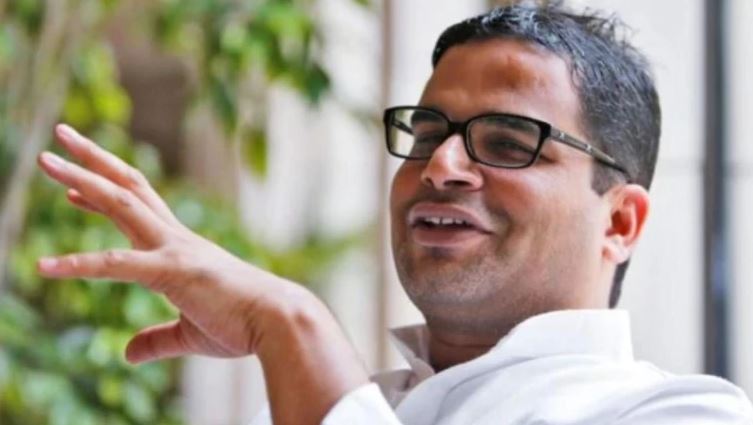
Consequences of UCC could be bigger than Ayodhya, Article 370: Prashant Kishor

Political strategist-turned-activist Prashant Kishor on Tuesday (July 4) said that the implementation of a uniform civil code would carry significant consequences, whether positive or negative, surpassing the impact of BJP’s other core agendas such as the construction of a temple in Ayodhya or the revocation of Article 370.
Kishor, whose first claim to fame was handling Prime Minister Narendra Modi’s campaign in 2014 Lok Sabha polls, also underscored that the country’s founding fathers as well as Sangh ideologues had never been in favour of enforcing uniformity in a diverse country.
The IPAC founder was talking to reporters in Samastipur district of Bihar where he recently revived his Jan Suraaj campaign which was put on hold following a ligament injury.
Also Read: Uniform Civil Code can’t be forced on people by agenda-driven majoritarian govt: Chidambaram
When he was asked about the proposed implementation of the Uniform Civil Code, he replied: “I do not think it will be easy. It is certainly not as simple as some people may think. Though it has been a part of the BJP’s manifesto for 20-25 years”.
He, however, added, “The government may try to move forward on it just as it did on Ayodhya and Article 370. If it does not do so now, it may still move further on uniform civil code if it returns to power, armed with a fresh mandate”.
“But we need to be aware that this would not be like Article 370, which may have become a national issue but was essentially about the state of Jammu and Kashmir. This would also not be like Ayodhya which stirred only a section of the society,” Kishor pointed out.
Also Read: A country cannot run on two laws: PM Modi bats for Uniform Civil Code
“A uniform civil code will directly affect a very large population segment. Therefore, its consequences, good or bad, would be far greater than implementing the other two core agenda of BJP,” added Kishor.
Asked about the allegation that BJP was raising the issue to communally polarise the electorate ahead of next year’s Lok Sabha polls, he said “without being too judgemental I would like to point out that neither the country’s founding fathers nor ideologues of Sangh were ever in favour of imposing homogeneity on the country”.
“If we read interviews of Guruji (former RSS chief M S Golwalkar), he had never supported enforcing any type of uniformity,” Kishor added.
(With agency inputs)


